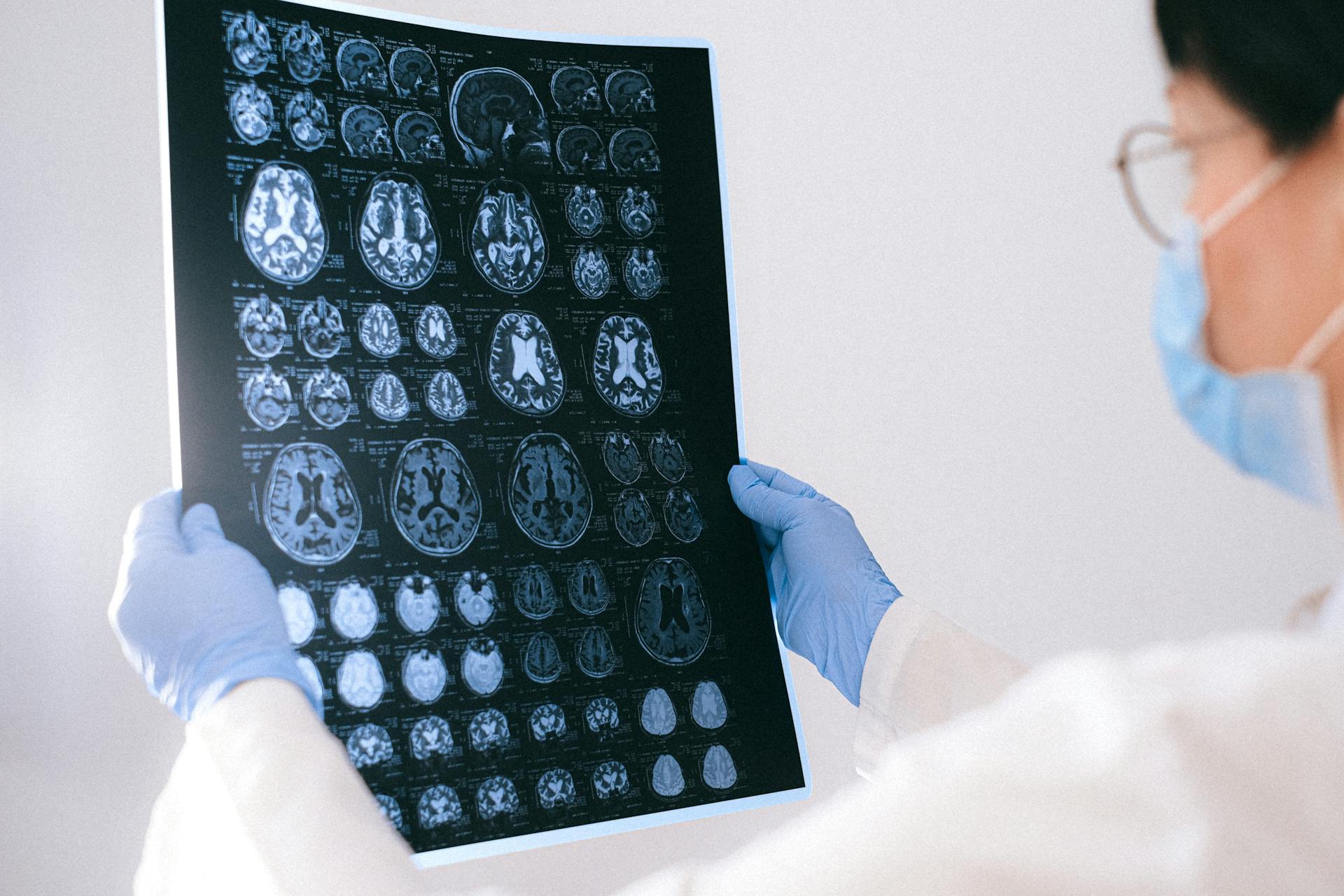Dubai Future Foundation (DFF) has launched the third edition of its “Future Opportunities Report: The Global 50”, a report that highlights the major opportunities, transformations and trends shaping the future of governments, economies, sectors, and humanity, with a look at the future of healthcare. The Global 50 is intended to be used as a framework that can guide thinking and decision-making as the future unfolds.
Within its Health Reimagined section, the report identifies several key opportunities: establishing a global bank of bacterial strains to facilitate the development of treatments; clothes that deliver essential nutrients; nanobots that regenerate muscles and combat ageing; 3D printed human organs; personalised radiology; addressing loneliness on Earth through experiments in space; learning from the ocean to enhance pharmaceutical and food sectors; and technology that compensates for human senses.
The report highlights the potential of improved imaging technologies driven by advancements in diagnostic techniques, camera technologies, nanotechnology, and neuroimaging. This integration of imaging data with genetic information and advanced machine learning promises to enable personalised radiology, providing detailed insights into an individual’s health.
This integration improves the accuracy of diagnosis and treatment, and enables better public health policies and efficiencies from symptoms to diagnosis, the report continues. This eventually leads to the automation of reporting, shifting the radiologist’s main focus to analysing anomalies and supporting clinical decisions.
The report, however, cautions against an overreliance on advanced machine learning, noting that such dependence could increase health risks for patients by overlooking critical exceptions and anomalies. Additionally, the complexity involved in integrating high-quality medical images with genetic markers and information may result in the benefits being accessible primarily to wealthier nations.

Leave a Reply